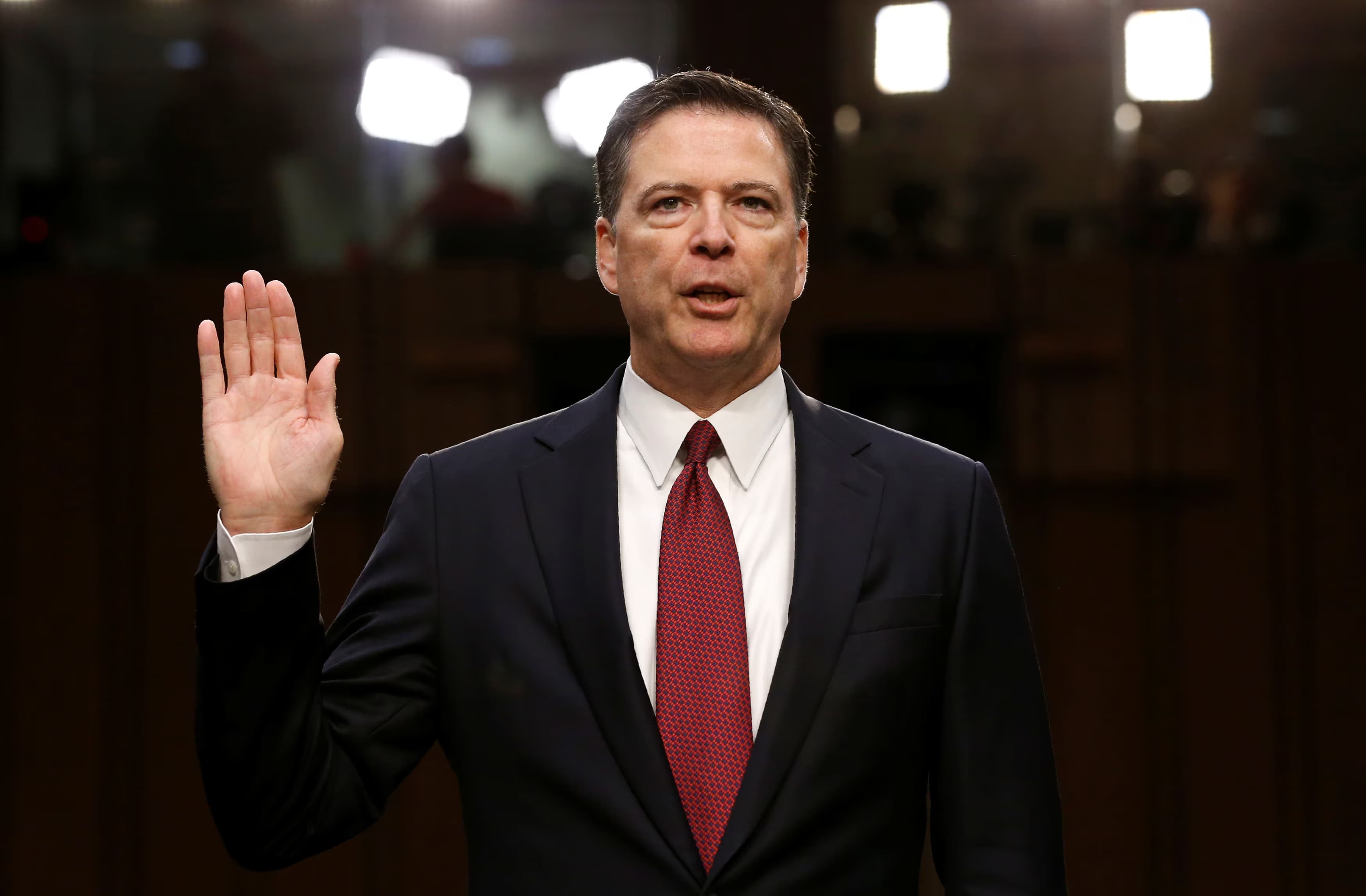We're loading the full news article for you. This includes the article content, images, author information, and related articles.
A landmark Franco-Ukrainian defence pact will see Kyiv acquire advanced combat aircraft and air defence systems, a strategic move with global implications as the war with Russia continues to disrupt economies, including Kenya's.

Ukrainian President Volodymyr Zelensky and French President Emmanuel Macron signed a significant defence agreement on Monday, November 17, 2025, at the Villacoublay air base near Paris, setting the stage for Ukraine to acquire up to 100 French-made Dassault Rafale fighter jets. The deal, which President Zelensky hailed as "historic," is a major step in modernizing Ukraine's air force as it continues to defend against Russian aggression.
The agreement, officially a "Declaration of Intent on Cooperation in the Acquisition of Defense Equipment," outlines a long-term plan for deliveries to be completed by 2035. Beyond the Rafale F4 jets—one of Europe's most advanced multirole combat aircraft—the pact includes the provision of sophisticated air defence systems, notably the next-generation SAMP/T system, as well as advanced radars, air-to-air missiles, and aerial bombs. Additionally, the two nations will begin joint production of interceptor drones before the end of 2025.
The acquisition marks a critical upgrade for the Ukrainian military, which has heavily relied on Soviet-era aircraft. The Rafale F4 is a 4.5-generation jet known for its versatility ("omnirole" capability), allowing it to perform a wide range of missions including air-to-air combat, ground strikes, and reconnaissance. Key features include an advanced Active Electronically Scanned Array (AESA) radar, a sophisticated electronic warfare suite (SPECTRA), and the ability to carry a formidable payload, including Meteor and MICA air-to-air missiles and SCALP cruise missiles.
President Macron stated the agreement is part of a long-term vision for the "regeneration of the Ukrainian army," intended to build a force capable of deterring future Russian incursions even after peace is achieved. This deal follows another letter of intent signed by Ukraine in October 2025 to acquire 100 to 150 Gripen jets from Sweden, signaling a comprehensive strategy to rebuild its air combat capabilities.
While full financial details of the multi-billion dollar deal have not been disclosed, French officials have indicated a multifaceted funding approach. President Macron suggested options could include loans financed through the seizure of frozen Russian assets held in G7 countries or the European Union's new military procurement lending facility. The use of profits from an estimated €200 billion in frozen Russian assets within the EU has been a topic of discussion among member states. However, this strategy faces legal and political hurdles within the bloc. France has previously committed to using interest from these assets to fund other military aid packages for Ukraine.
While the Franco-Ukrainian defence agreement has no direct military or diplomatic link to Kenya, the overarching conflict continues to have significant indirect economic consequences for the region. The war has severely disrupted global supply chains, affecting prices for essential commodities in Kenya.
Kenya and the wider East Africa region rely heavily on wheat and fertilizer imports from both Russia and Ukraine. The conflict has led to price spikes and supply disruptions for these goods, contributing to increased food prices and a higher cost of living for Kenyans. Similarly, global energy price volatility, exacerbated by the war, has driven up fuel costs in Kenya, impacting transport and production expenses across all sectors of the economy. The continuation and potential escalation of the conflict, underscored by major arms deals like the Rafale acquisition, suggest that these economic pressures on Kenyan households and businesses are likely to persist.
Keep the conversation in one place—threads here stay linked to the story and in the forums.
Sign in to start a discussion
Start a conversation about this story and keep it linked here.
Other hot threads
E-sports and Gaming Community in Kenya
Active 9 months ago
The Role of Technology in Modern Agriculture (AgriTech)
Active 9 months ago
Popular Recreational Activities Across Counties
Active 9 months ago
Investing in Youth Sports Development Programs
Active 9 months ago